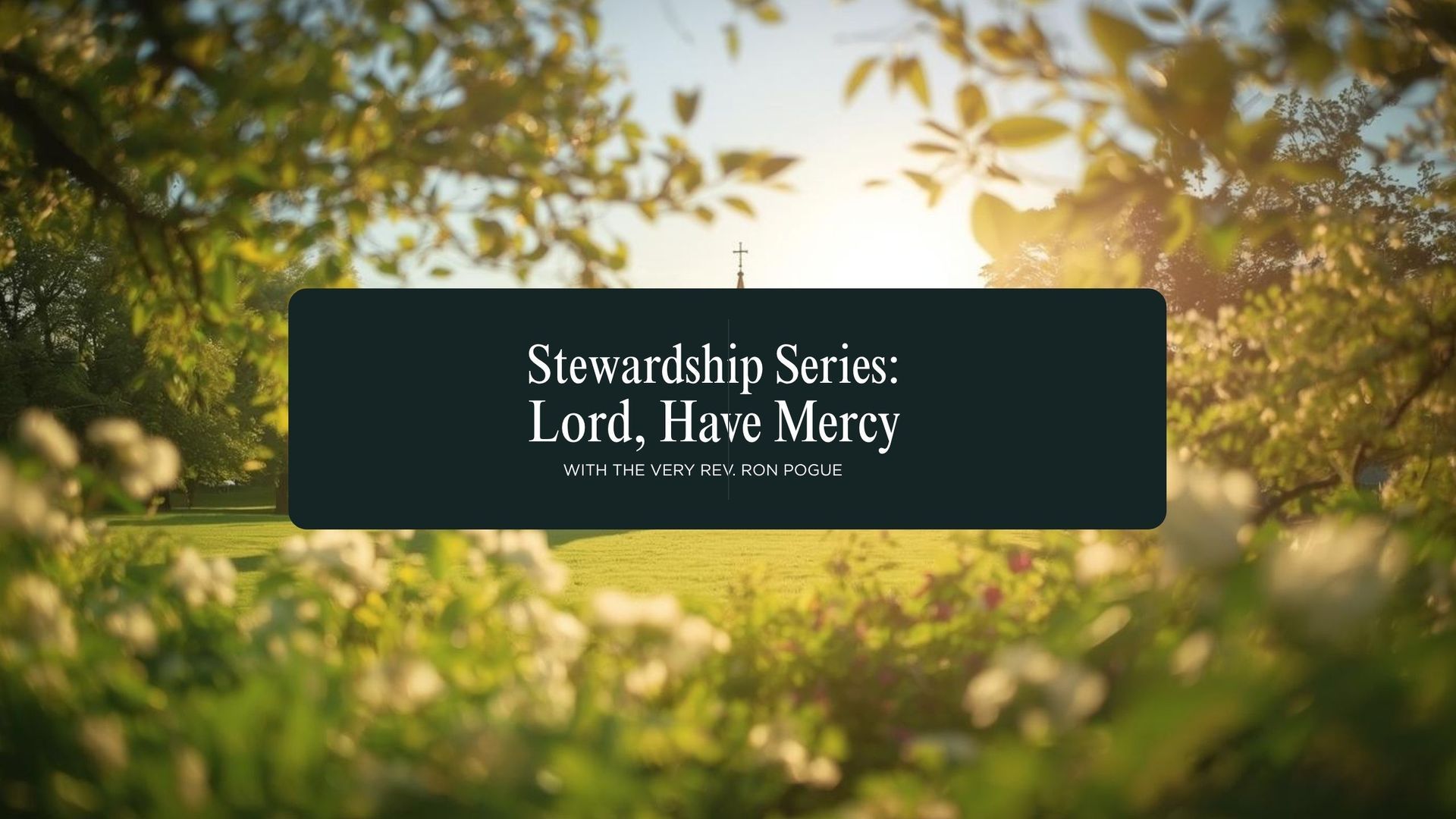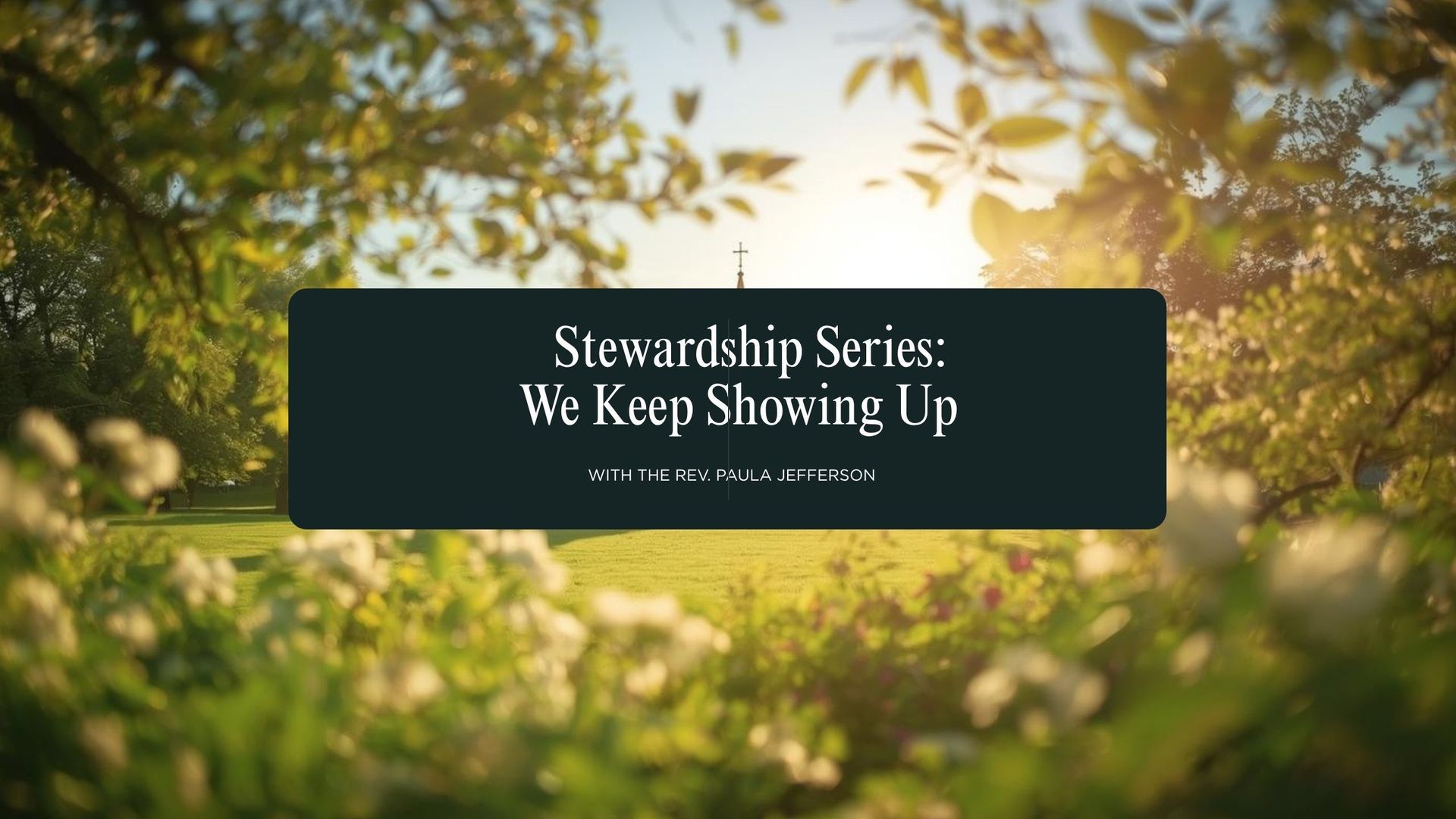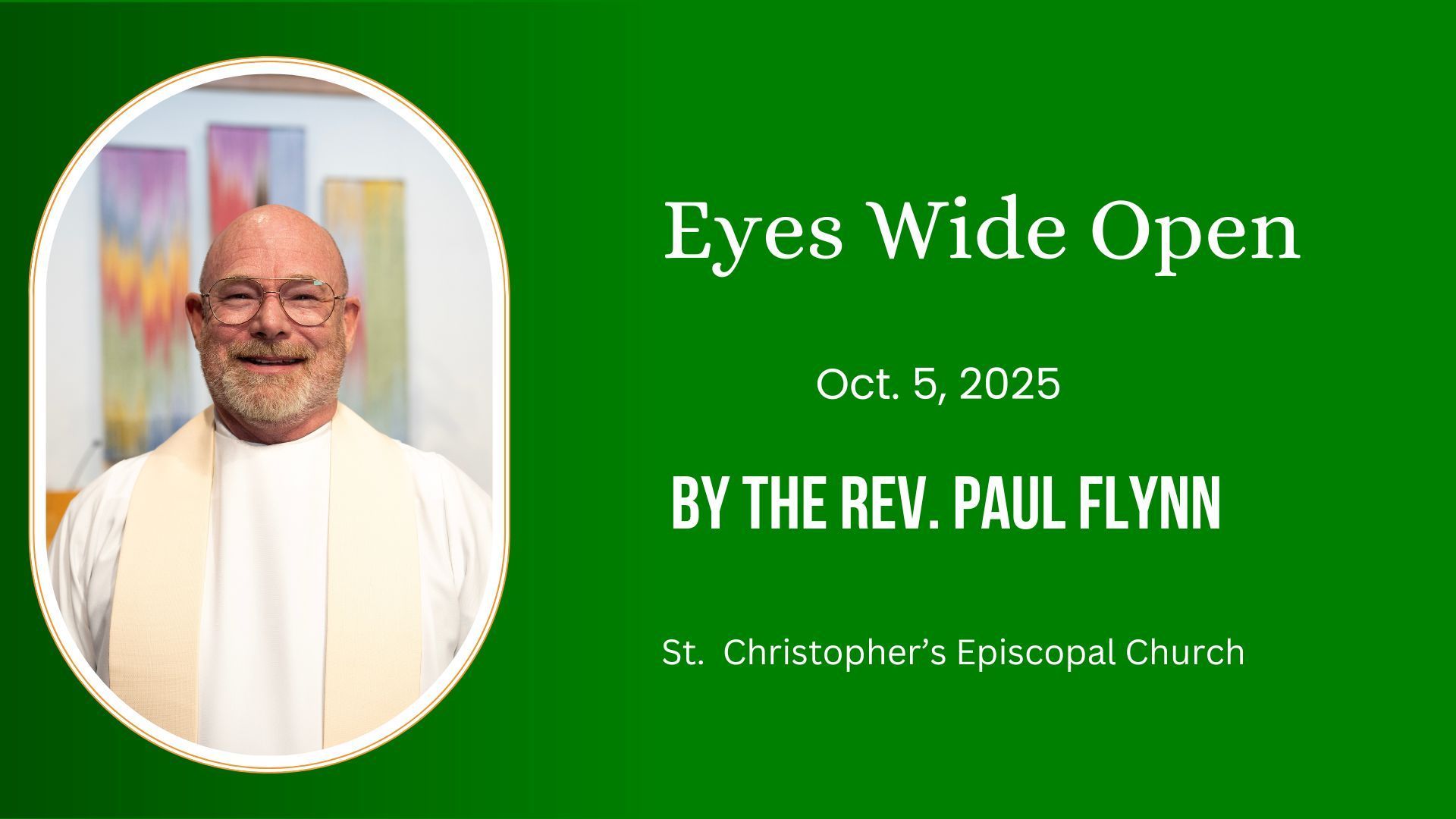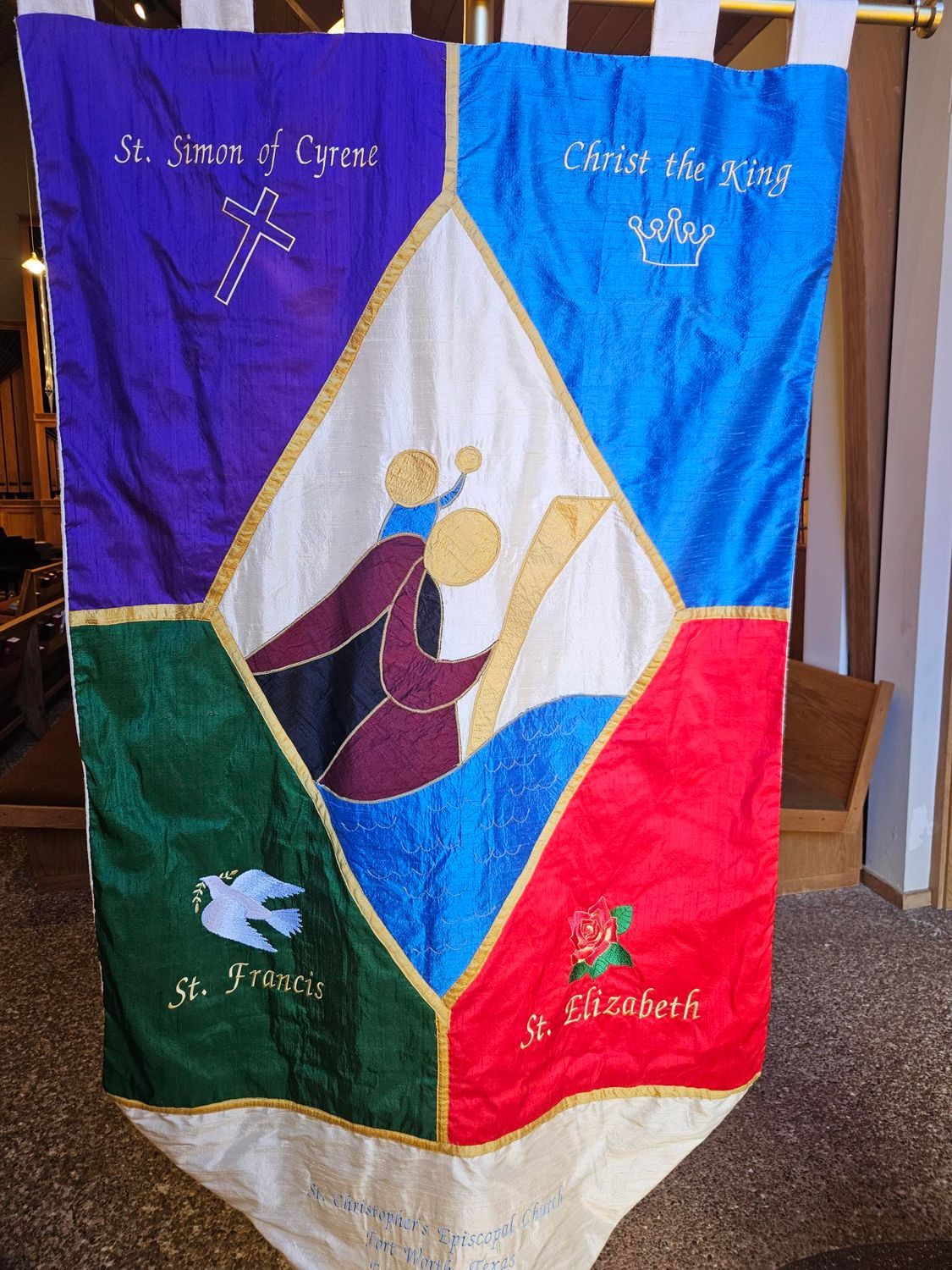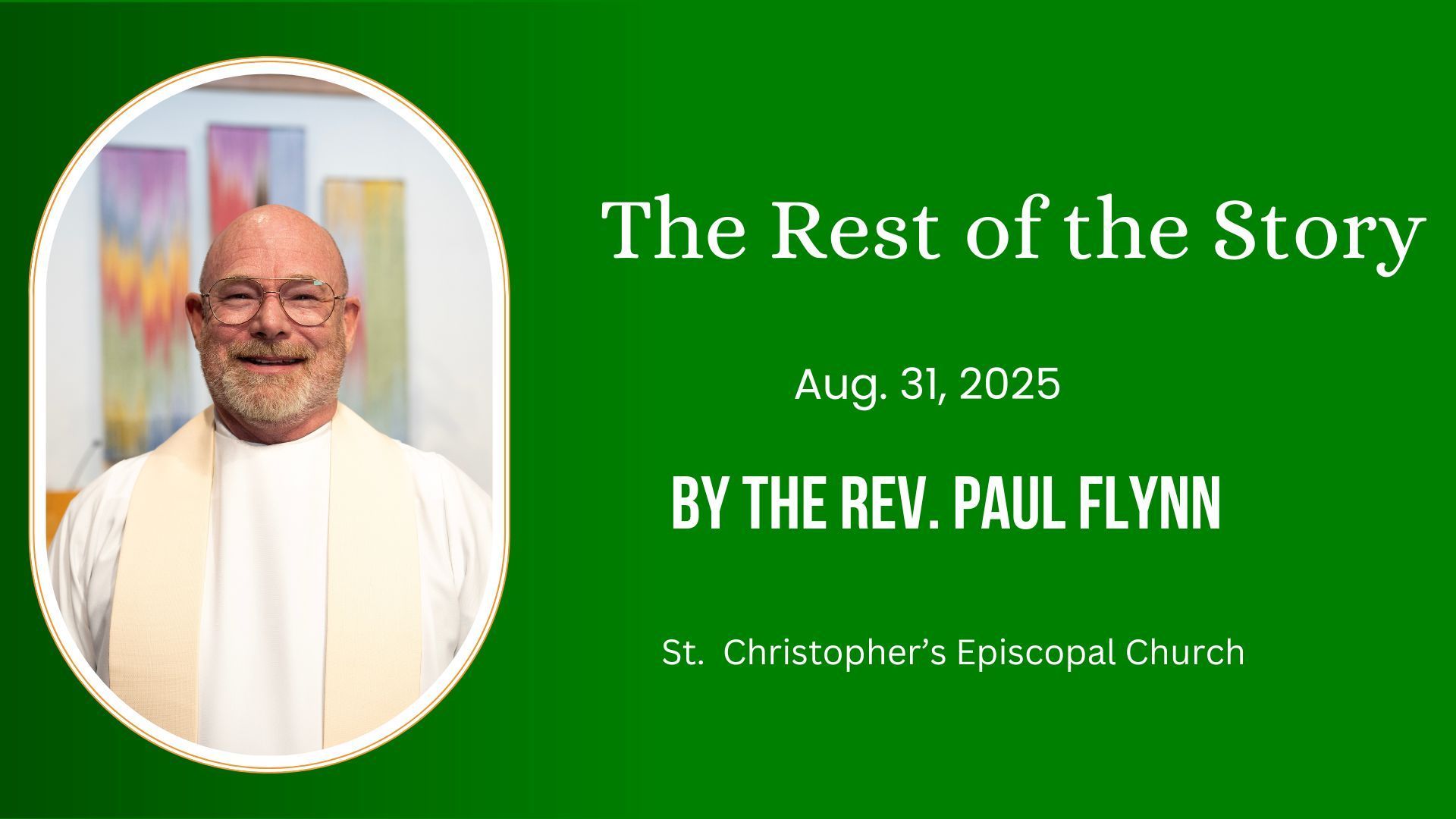My dog, Dursey, is a vizsla. His breed is known as “velcro” dogs because they love to be with their human at all times. They’re prone to separation anxiety when they feel apart from their human.
So, once Dursey was eight weeks old, I began by training him to be separated from me by leaving him in a kennel for 45 minutes -- a blink of an eye to us, but an eternity to a puppy.
The kennel had comfortable bedding, toys, water, food -- all the signs that might Dursey know he is loved and his needs will be met. On day one of our training, I latched the kennel and drove to town for groceries. Forty-five minutes later, I was met in the driveway by neighbors, who had sitting inside their homes, listening to Dursey howl, bark and yelp for 45 minutes. Non-Stop.
I explained the training regimen and I persisted. A week later, I increased our separation time by 15 minutes. The neighbors who lived closest to me went camping for the weekend.
Last week, we heard the story of Abraham and his first-born son, Ishmael. This week, we hear the story of the child born to Abraham and Sarah, Isaac. These two stories are presented back-to-back in Genesis: Chapter 21 and then Chapter 22. They should be read and interpreted together, because they are intentionally parallel stories.
In both stories, God is testing Abraham.
God had entered into a covenant with Abraham and Sarah. Though Sarah was barren and elderly, Yahweh promised that she would bear a son and Yahweh would bless her son. But it didn’t happen quickly enough for Sarah…she began to lose confidence that Yahweh would deliver. So, she convinced Abraham to have a child with her servant Hagar. This child was named Ishmael.
The first story, Genesis Chapter 21, is known as the sending of Ishmael. Sarah tells Abraham that he must send Ishmael, still a child, into the desert. Abraham believes Ishmael and his mother Hagar will die in the desert. He was very upset. Abraham loves these people. God responds to Abraham’s despair: Do as Sarah says. “Because Ishmael is your child, I will make a nation of him.” Abraham sends Ishmael and Hagar into the desert.
The second test of Abraham, today’s reading, is known as the binding of Isaac. After the birth of Ishmael, Sarah and Abraham have a son who was named Isaac. Yahweh tells Abraham to take his only son Isaac, whom he loves, to a faraway place. There Abraham will offer his son as a burnt offering. Abraham gets up the next morning, and begins the journey. The firewood is assembled, Isaac is bound to it, and Abraham is ready to do the deed when God finally intervenes.
During the first three weeks of my dog’s training, when I got home and opened the kennel gate Dursey would pour himself into my arms, whimpering. It was as if he was saying, “Please don’t go away. Please don’t go away.”
But a curious thing happened during the fourth week. One day I came home, opened the gate, and Dursey bounced into my arms, licked my chin and headed for the door. He rang the bells that tell me to open the door and he ran to the flower pot where I keep a tennis ball for play time. He dropped the ball at my feet and started the Dursey dance, “throw the ball, throw the ball, throw the ball.” From that day, this is how I’m greeted every time I come home.
Over the course of our training, the kennel did not change and my behavior pattern did not change. Each time I left, Dursey was surrounded by the same signs of love in his kennel. And each time I came home, I opened the gate and loved on him.
What changed in week four, was Dursey’s response to the experience.
He grew in trust.
In Genesis, there was a change in Abraham’s behavior that piqued my curiosity.
1. In Chapter 21, the sending of Ishmael, Abraham is very emotional. He is distraught. And Yahweh is compassionate…he assures Abraham that Ishmael will be the father of a nation. It will all be ok.
2. But in the second test, the binding of Isaac, Abraham shows no emotion. None. And there is no compassionate assurance from Yahweh.
God calls to Abraham three times in today’s reading. Each time Abraham says the same three words: “Here I am.”
Something happened between Chapter 21 and Chapter 22: Abraham was changed.
He no longer needed God to reassure him that all would be well. When God called Abraham, his only response was: “Here I am”. And then he began walking toward God’s calling on his life.
Like Abraham and Dursey, we are tested on a regular basis. Dursey learned to trust through consistent experience with his human. Abraham learned to trust Yahweh through experience and faith.
Usually, the tests we face are little things. Sometimes, they’re big things. And every now and then, they are life-changing events that we can only comprehend through faith.
We don’t know the future for ourselves or our parish: twenty years from now or even 20 minutes from now. But we do know that God surrounds us at St. Christopher’s with signs of God’s love for us.
God is present here: In us and through us.
There is so much hope in this place. You can feel it. Hope isn’t buried in the walls, or the pews, or the flooring. Hope is inside you…and me. We are signs to the world—and to one another--of God’s hope, love, and peace.
Every time St. Chris meets a challenge with those three words, “Here I am,” we are changed. We grow in faith and courage. This is a place where Holy Boldness is chosen and lived.
We are ready for whatever is next.
Throw the ball, God. Throw the ball.
Here we are.





